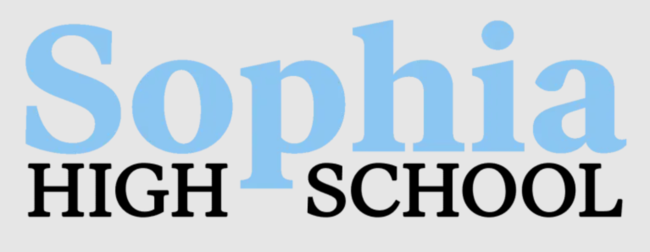Degree Deception: Lying on a resume is a widespread issue, with a recent study revealing that 52% of job seekers have exaggerated their qualifications at some point. Why? Well, aside from the infamous example of George Santos falsely claiming to have graduated from Baruch College, the temptation does have its merits. After all, flashing a college degree, real or imagined, might just fatten your paycheck by a cool $1.2 million over a lifetime.
Alma Mater Matters? A new study by USDictionary.com has shed more light on the subject – they have identified exactly which colleges people would most likely lie about having attended. They posed a hypothetical question to 3,000 job applicants:
If you were to lie about a college you had attended on your resume, which would it be?
The results? A few yawns and a couple of double-takes! Predictably, traditional heavyweights dominated the top 10. Harvard took first place in the “Most Likely To Be Faked” rankings, followed closely by Stanford placing in second, though a somewhat surprising result saw the University of Washington scooping 3rd place overall, beating some Ivy League big hitters.
For example, Yale only came in 11th place. It’s possible that the modern job seeker, in a bid to stand out, is looking for a fresher, less expected name to embellish their resume.
The Princeton Paradox: Princeton’s position in 13th place certainly sent some quizzical glances in the direction of Nassau Hall. Historically, Princeton’s reputation has been nothing short of stellar, standing tall among the giants of academia. So, what gives? Perhaps in this age of rapid technological advancement, Princeton’s classical aura feels a smidgen less trendy to the modern embellisher.
Similarly, MIT’s 14th position sparked a few raised eyebrows and intrigued whispers across the Charles River. Perhaps the university’s deep-rooted association with tech brilliance makes it seem almost too intimidating to falsely claim. In a landscape where everyone’s vying to be the next Elon Musk or Steve Jobs, trying to sneak MIT onto one’s resume might feel like biting off more than one can chew.
Here is a breakdown of the top 10 “Universities Most Likely to Be Fabricated on Resumes”:
#1 Harvard University
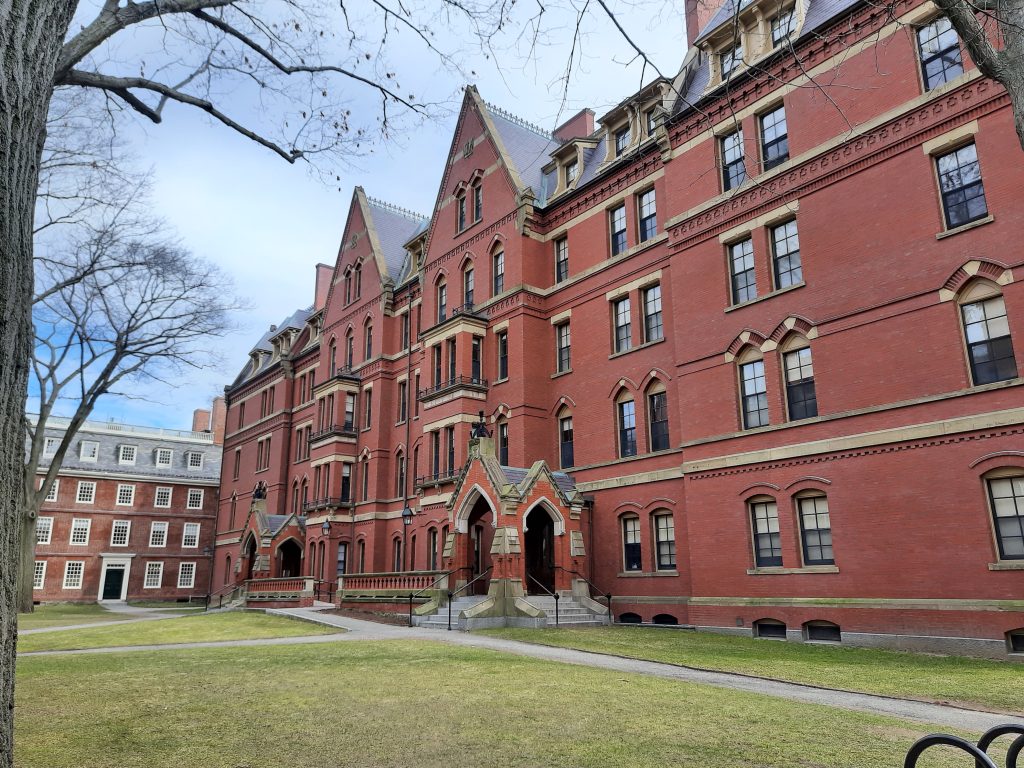
When people contemplate fudging their academic history, Harvard often emerges as the top choice, and it’s not hard to see why. This iconic institution is universally synonymous with excellence, a golden ticket to social mobility, career advancement, and intellectual prestige. In the world’s imagination, Harvard isn’t just a university; it’s a brand, a status symbol that tells the world you’re not just anyone—you’re someone. For those looking to tip the scales in their favor, claiming to have attended Harvard seems like a shortcut to the respect and opportunities often reserved for the academic elite.
#2 Stanford University
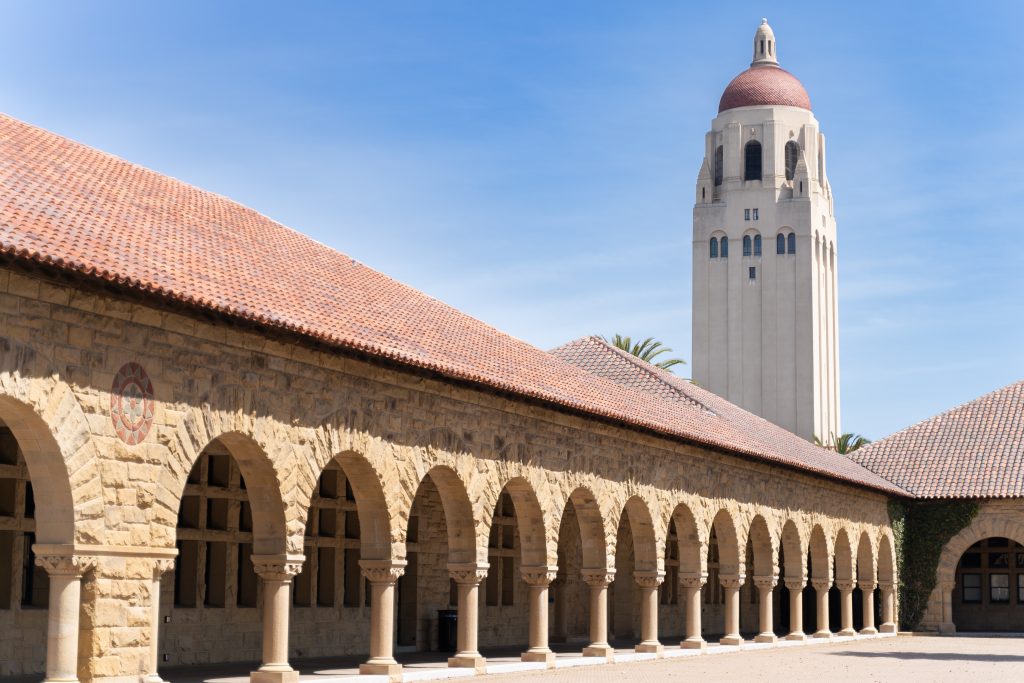
It’s not just the allure of the palm-tree lined campus or the sun-soaked Californian lifestyle. Stanford’s reputation as an incubator for tech geniuses, venture capitalists, and world-changers makes it an immediate eye-catcher on any resume. Claiming to be a Stanford alum is like carrying a golden ticket: it implies you’ve mingled with future Fortune 500 CEOs, dabbled in groundbreaking research, and have an entrepreneurial spirit embedded in your DNA. So, for those who aim to impress with a fabricated academic pedigree, Stanford is the fast track to lending your resume that irresistible sparkle.
#3 University of Washington

This Pacific Northwest gem is a blend of academic prestige, top-tier research opportunities, and a campus life that’s teeming with innovation. Its location in Seattle gives students access to a thriving tech hub—hello, future employers like Amazon and Microsoft! Plus, let’s not forget those iconic cherry blossoms that make even a simple walk to class Instagram-worthy. So, it’s no surprise that so many fantasize about having the Husky experience on their resume.
#4 University of Notre Dame
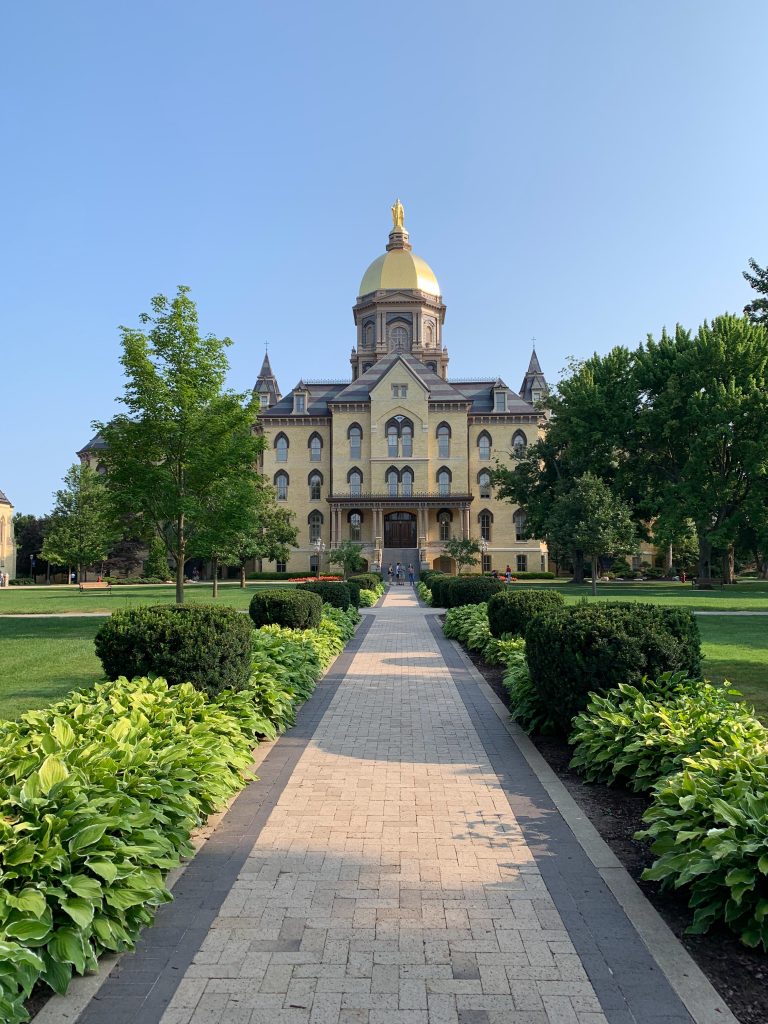
The allure of the University of Notre Dame is more than just the golden dome and “Touchdown Jesus”; it’s a badge of both academic prestige and cultural cachet that seemingly opens doors just by association. Rooted in its storied history, rigorous academics, and iconic sports legacy—especially its revered football program—the name “Notre Dame” has an almost mythical aura. For many, it represents the epitome of success and personal growth, a place where tradition and modernity converge.
#5 Duke University
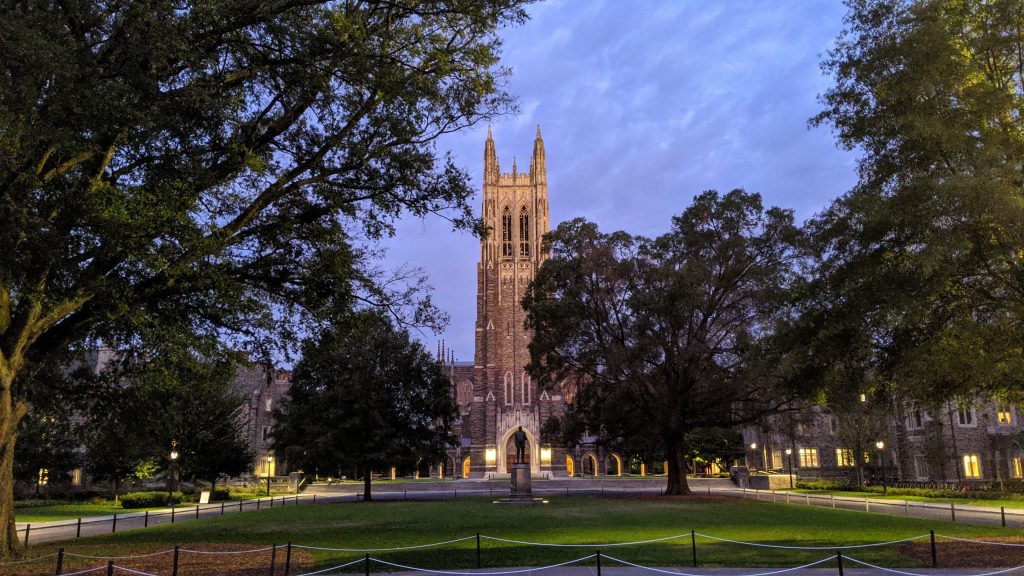
Duke isn’t just an educational institution; it’s a brand synonymous with prestige, cutting-edge research, and unparalleled networking opportunities. Its reputation for academic excellence in fields like law, medicine, and engineering acts like a golden key, unlocking doors to high-paying jobs and enviable social circles. Not to mention the aura of college basketball prestige! For many, claiming to be a Duke alum is like donning an invisibility cloak made of success, ambition, and social capital.
#6 University of California, Los Angeles (UCLA)
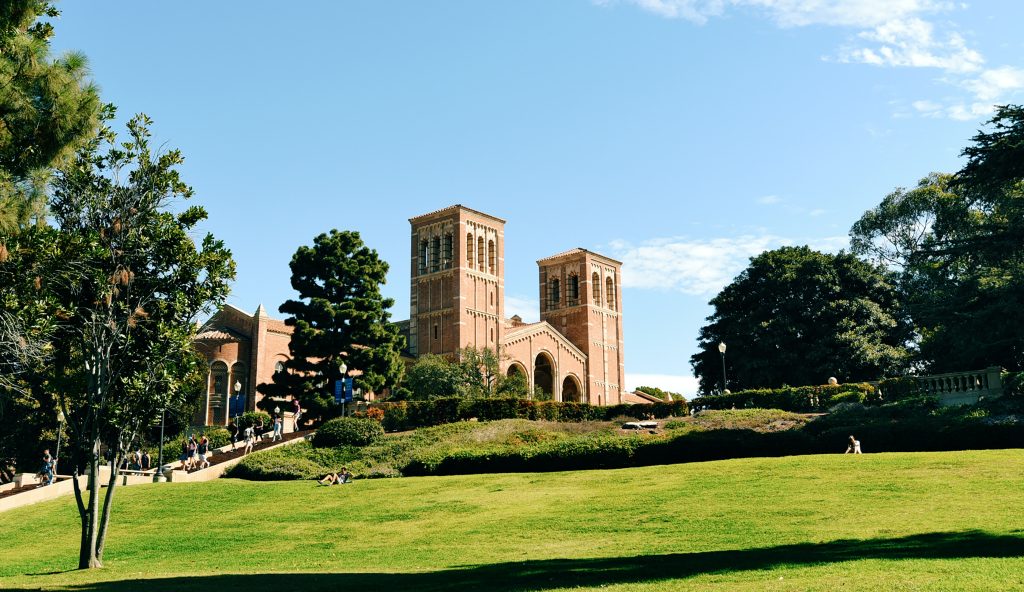
UCLA’s blend of Hollywood glamor, sunny Southern California vibes, and academic prestige create a potent cocktail of desirability. Not only does the institution rank high in academics, but it also boasts a sprawling, picturesque campus and a culture that practically screams “success.” Choosing UCLA as your fictional alma mater suggests you’re smart, ambitious, and oh-so-cool. After all, who wouldn’t want to be associated with a school that has it all?
#7 University of California, Berkeley
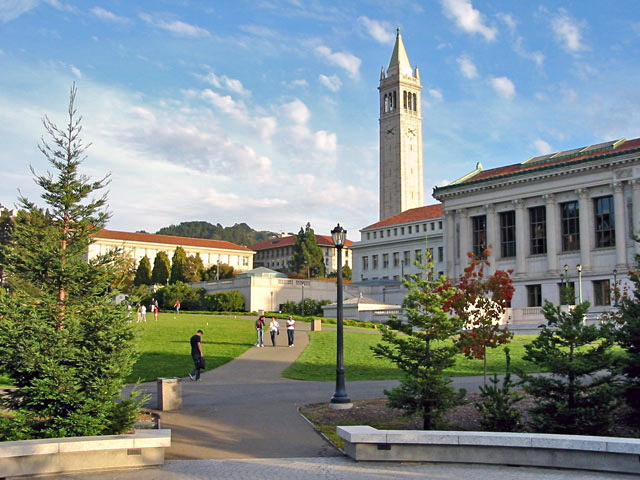
Whether you’re prowling Silicon Valley or navigating the corridors of Wall Street, the mention of the University of California, Berkeley, instantly turns heads. Known for its cutting-edge research, progressive atmosphere, and a legacy of producing change-makers, Cal is more than just an institution; it’s a brand name synonymous with innovation and credibility. For many, faking attendance at Berkeley is like wearing a designer label on your resume; it signals that you’re not just any candidate—you’re a potential game-changer who survived the crucible of one of America’s top public universities.
#8 University of Pennsylvania
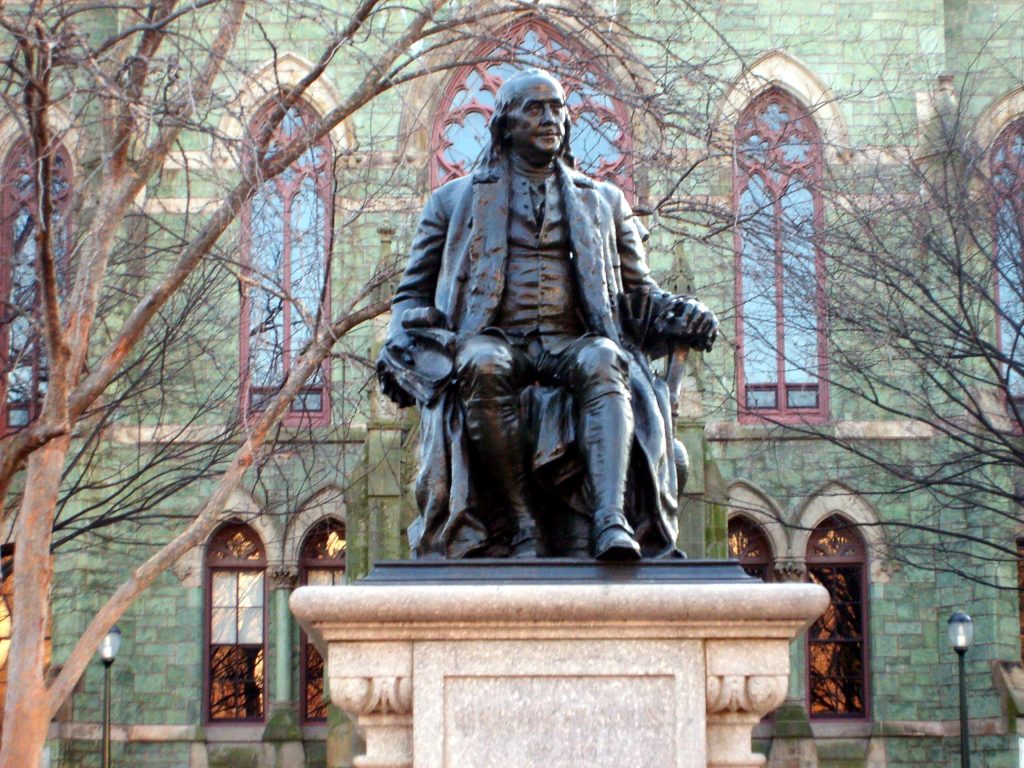
The allure likely lies in the Ivy League prestige that comes bundled with the name. Not just any university, UPenn is an emblem of elite education, an incubator of future leaders, and a hotbed of networking opportunities that can open golden gates in both Wall Street and Silicon Valley. With renowned programs like Wharton for business, and a reputation for academic rigor and social clout, saying you’ve attended UPenn isn’t just a line on a resume – it’s a statement, a ticket to instant credibility and a passport to opportunities that others can only dream of.
#9 University of Virginia
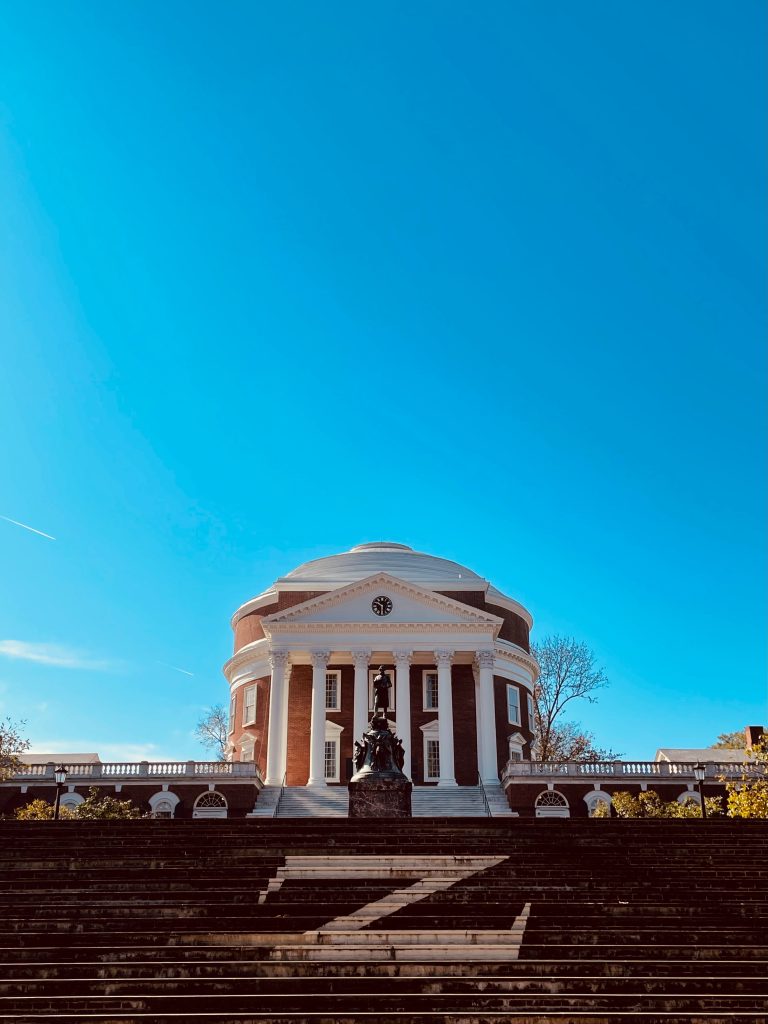
Picture this: you’re not just claiming to attend any old institution, but a university founded by Thomas Jefferson himself. With top-ranked programs in business, law, and engineering, a fictional degree from UVA promises more than just a foot in the door—it virtually swings it wide open. Add to that a dash of the Cavaliers’ athletic prowess and you’ve got a resume embellishment that screams “I’m not just smart; I’m well-rounded and socially adept too!” Is it surprising that so many people would want to have fabricated attending UVA? Not really. It’s like having a golden ticket that offers both brains and a spirited social scene. Who could resist?
#10 Amherst College
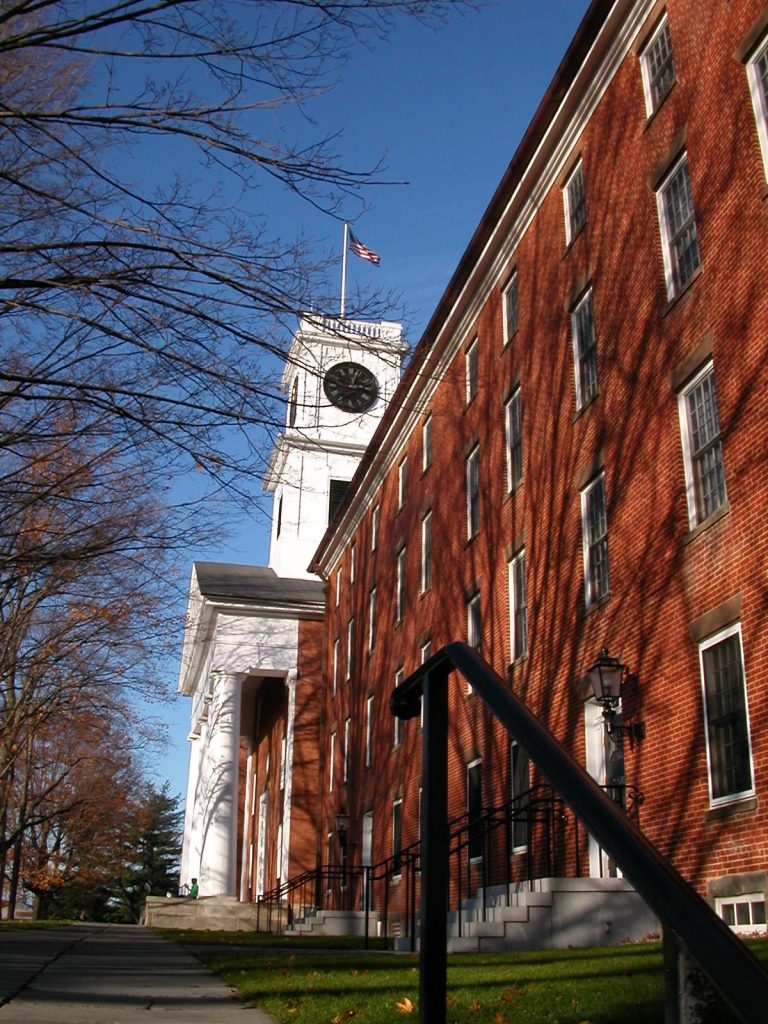
Ranking as one of the top universities for resume fakers, this small yet prestigious liberal arts college represents a quintessential cocktail of academic excellence, an intimate educational setting, and sky-high graduation rates, all wrapped up in the legacy of an Ivy League-level reputation. For many, claiming an Amherst diploma is like flashing a VIP pass to the intellectual elite club, an instant credibility booster that whispers, “not just educated, but cultured.” It’s not just a college, it’s a brand, a lifestyle, and an aspirational symbol of success.
“While our survey unearthed some light-hearted revelations about the universities job seekers might be tempted to falsely claim, it’s vital to underline a foundational truth: integrity remains paramount in professional endeavors. Embellishing a resume might offer short-term gains, but the long-term consequences can be detrimental, eroding trust and credibility. Authenticity not only fosters genuine relationships but also ensures that one’s professional journey is built on a foundation of truth and merit.” says Shaun Connell of USDictionary.com.






